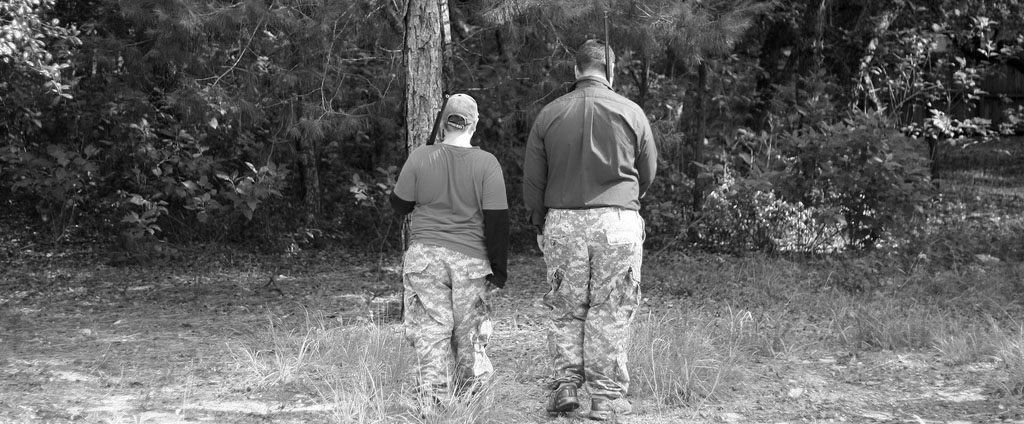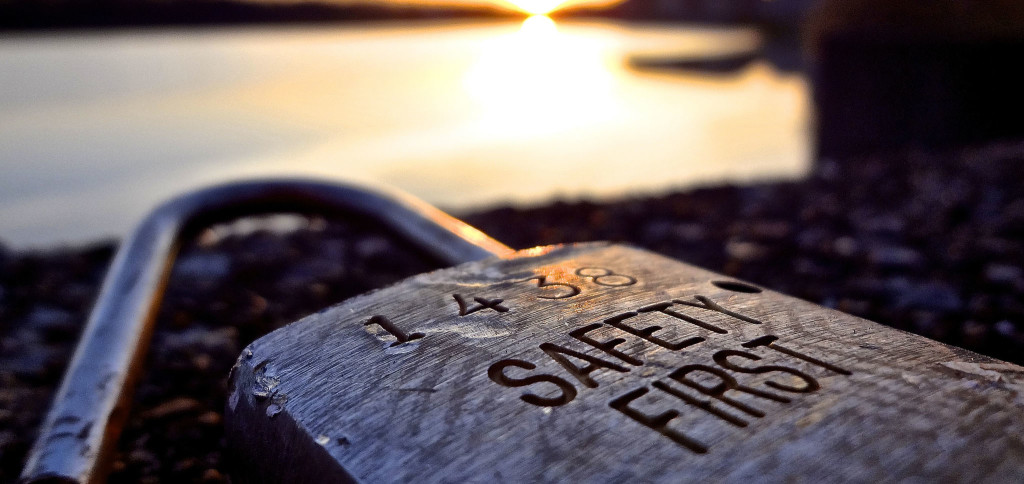One of the most commonly asked questions many beginner bow hunters starting out ask is:
Should I get a compound or recurve bow?

Bows have been used to hunt deer for so long that hunting with a bow seems to go together like bread and butter. Long before the first European settlers arrived in North America, many tribes of native people were using long bows to bring down big game.
A lot of changes to the equipment have occurred over the years, though.
Long bows have largely given way to recurve bows and the quality of recurve bows has become much better. The more recent development has been the invention of the compound bow.
The question now is how do recurve and compound bows stack up against each other?
Recurve vs Compound Energy Potential
The basic design of a recurve bow allows a hunter to impart a large amount of energy to the arrow.
Recurve bows can often have a draw weight of roughly 10 to 40 pounds. This means that there is enough energy released to allow the arrow to fly fast and true. Naturally, the hunter must have the upper body strength to draw the bow. But higher draw weights mean that there is a greater amount of energy that is given to the arrow when it is released.
Compound bows were developed almost 50 years ago as a means of increasing the energy without needing to possess a huge amount of upper body strength.
This is done by the use of pulleys (cams and cables).
Just as a block and tackle uses pulleys to allow a person to more easily raise the weight of a deer or elk to the rafters so they can be hung and aged, the pulleys on a compound bow allow the hunter to draw back and then release more energy to the arrow than is the case of a conventional bow.
A hunter who uses a recurve with a draw weight of 30 pounds should have few problems with using a compound bow with a draw weight of 55 pounds. This is a tremendous increase in energy.
Bow Energy requirements in the Field
Before assuming that having the maximum energy possible when actually out in the field hunting deer, a hunter should understand that greater energy means that the arrow flies faster and farther.
However, this isn’t necessarily better.
Speed of delivery doesn’t make as much difference as it might with a rifle since an arrow doesn’t make a lot of noise.
Distance shots are also less likely to be encountered when using a bow than when using a rifle. The exception would be in the case of hunting in wide open country.
This means that while there is more energy available from a typical compound bow as compared to a recurve, this alone doesn’t make a compound bow superior.
Maintenance of Bows
It should come as no surprise that recurve bows are usually easier to maintain than compound bows.
There are no pulleys on a recurve that need to be kept in good working order, so except for the bow itself, the only actual maintenance is in making sure that the bow string is in good working order.
Stringing and unstringing a recurve is substantially easier and faster than doing so on a compound bow. The same is true of replacing the string.
This gives the edge to recurve bows in regard to maintenance.
Arrow Release Speed
As less energy is needed to draw the string back on a compound bow, a hunter has additional time at full draw to aim and release the arrow. Attempting to hold the string at full draw on a recurve bow often leads to shaking…
This can spoil a shot!
On the other hand, from the point of drawing the string back to the moment that the arrow is released on a recurve is substantially faster because it must be.
This isn’t meant to imply that one bow is better than the other.
However, there is an excellent chance that a bow hunter who uses a recurve will be able to get off more shots in less time than a compound bow hunter will be able to. Mind you, this can be at the expense of accuracy unless the hunter has taken the time to practice.
Compound vs Recurve Price & Expenses
Comparing recurve and compound bows wouldn’t be complete without comparing the cost of the two.
In this category, recurve bows win almost every time.
If the quality of the two bows is comparable, a compound bow can cost two to three times more than a recurve bow.
That’s not to say recurves are always less expensive. There are certainly some out there, especially custom made, that can creep up in price. A traditional longbow crafted the old school way isn’t cheap, but in general the entry level for a recurve will be substantially lower.
As mentioned earlier, compound bows will also most likely require more maintenance, which in return could lead to higher expenditure.
This might not be something a hunter considers to be a major determining factor in regard to which bow to use, however if funds are limited, the recurve bow would be the bow of choice.
Conclusion
That covers the comparisons and debate of whether to use recurve vs compound bows.
It’s evident that each have their own advantages.
With practice and patience, both can be productive and allow a deer hunter to fill his freezer.
Both require a certain amount of skill if a person wishes to gain proficiency. Ultimately, though, the decision about which bow to use rests with the hunter.
With effort and drive, there is nothing that says that a deer hunter can’t gain expertise in the use of both bow styles, either.
We’d love to hear your thoughts. Which do you think wins the battle when it comes to Recurve vs Compound bows? Let us know in the comments section below.
Images from Amazon.com




a year ago recurve bow was my main bow, but when i start using Infinite Edge, i feel like i can do better because i love their speed and accurary, so i change and it worked! Last trip i hunt down many deers!
In the world of ethical and safe hunting, the swifter and more clean the kill, the better. The added technology found on compound bows allows for more power, speed, and accuracy. These things lead to a more precise shot and in turn, a more ethical kill. However, if someone has already put in the hundreds of hours practicing to become proficient enough to hunt without the added safety nets of a compound bows, more power to that person. But hunting with a recurve is definitely not for everyone and should not be attempted lightly. It takes serious dedication and time; not to mention making sure you can pull the minimum poundage required by the state your hunting in. Personally, at this stage in my archery and hunting career there are just too many unknown factors and unnecessary associated risks with using a recurve for hunting.